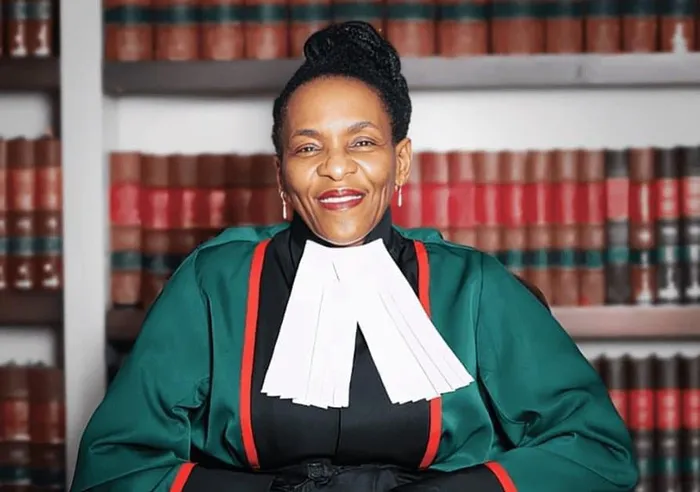Chief Justice Mandisa Maya unveils new sexual harassment policy for judiciary

Chief Justice Mandisa Maya announced a sexual harassment policy for the judiciary.
Image: File
As National Women’s Day was celebrated on Saturday, Chief Justice Mandisa Maya has announced the introduction of a Sexual Harassment Policy for the South African Judiciary.
The Office of the Chief Justice (OCJ) has described it as a historic step in safeguarding the integrity of the courts and protecting the dignity of all who serve within them. The OCJ said this policy reiterates the judiciary’s unwavering commitment to the Constitutional values of human dignity, equality, and justice. It said this sends a clear message that sexual harassment has no place in the halls of justice.
As custodians of the Constitution, Judges and Magistrates bear a profound responsibility to uphold the highest standards of integrity. The Bangalore Principles of Judicial Conduct and South Africa’s own Judicial Codes of Conduct demand nothing less, the office said in a statement.
It added that where sexual harassment occurs within the judiciary, it is not only a personal violation; it is also an affront to the rule of law itself, eroding public trust and betraying the very principles the institution exists to defend and uphold.
“This Policy is a necessary and urgent intervention. The Judiciary cannot dispense justice to society if it does not first ensure it within its own ranks. Sexual harassment is a gross abuse of power, a denial of equality, and a stain on the legitimacy of the courts. We are going to tackle it head on and this policy will be a very useful mechanism in that battle,” Justice Maya said.
The principles of the policy were set out in a 25-page document, which includes zero tolerance for sexual harassment by or against any judicial officer, staff member, or individual engaging with the judiciary.
It also sets out guidelines for clear, confidential, and fair procedures for reporting and addressing complaints, with protections against retaliation. The policy calls for accountability, with disciplinary consequences for offenders, as well as for a safe and respectful workplace, free from discrimination and intimidation.
The Chief Justice has directed all members of the judiciary to urgently familiarise themselves with the policy and ensure adherence. “This is not merely a document; it is a covenant with the people of South Africa. We must lead by example,” the Chief Justice emphasised. The policy will further entrench a culture of accountability and respect, ensuring that the judiciary remains a beacon of justice for all, she said.
In an annexure to the 25-page sexual harassment policy issued, some examples of verbal, non-verbal, and physical conduct that may be construed as unwelcome sexual harassment were given. These include "gestures, staring, leering, and indecent exposure". It also included the display, or sending by electronic or any other means, of sexually explicit pictures, videos, or messages. The sending of sexually suggestive pictures, including emojis or stickers, was also included.
The judicial conduct tribunal, which is investigating complaints against Eastern Cape Judge President Selby Mbenenge, arising out of a sexual harassment complaint, has meanwhile concluded its hearing of oral evidence in the matter.
Lawyers acting for the complainant, judges secretary Andiswa Mengo, and Mbenenge’s legal team are due to present their final legal arguments before the tribunal in October. It is alleged by Mengo that the judge president had subjected her to sexual harassment, which made her very uncomfortable. This was denied by Mbenenge, who claimed it was consensual flirting between two adults.
zelda.venter@inl.co.za
Related Topics: